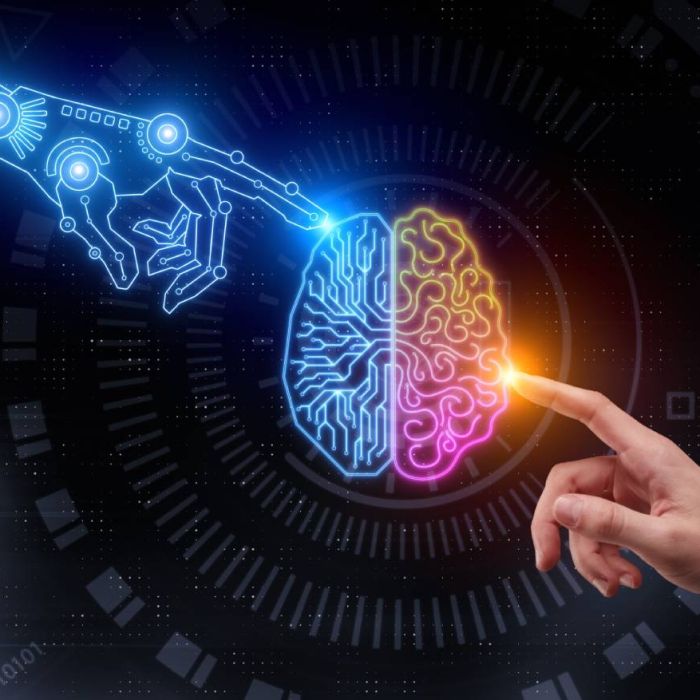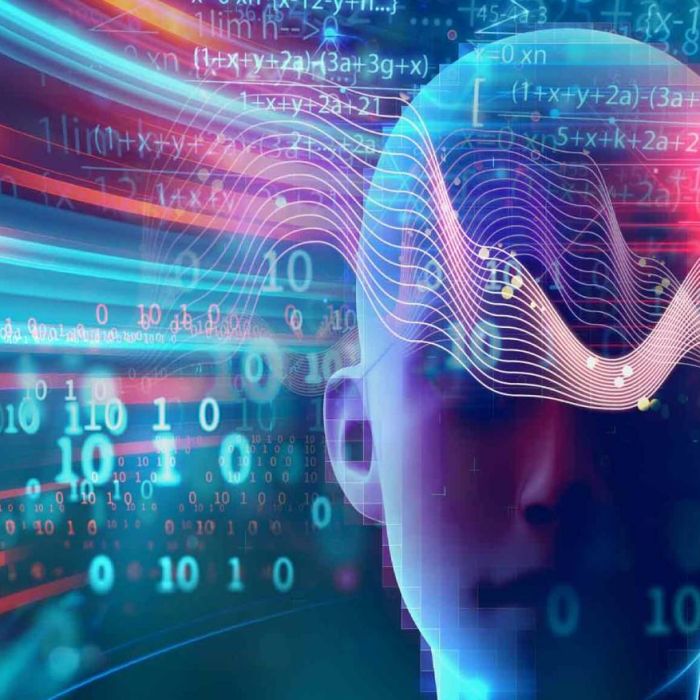The landscape of cybersecurity is evolving, with artificial intelligence (AI) emerging as a potent ally in defending against sophisticated cyber threats. AI’s ability to analyze vast datasets, detect anomalies, and automate responses has revolutionized cybersecurity practices. Let’s explore the advancements, applications, and challenges of AI in cybersecurity.
AI Advancements in Cybersecurity
1. Threat Detection and Prevention:
AI-driven algorithms analyze patterns and behaviors to identify potential threats in real-time. Machine learning models can detect anomalies, predict attacks, and mitigate risks more efficiently than traditional methods.
2. Automated Incident Response:
AI-powered systems enable automated incident response, rapidly identifying and neutralizing threats. This proactive approach minimizes response time, mitigating the impact of cyber attacks.
3. Behavior-Based Analysis:
AI algorithms leverage behavior-based analysis to distinguish normal user behavior from malicious activity. This enables the detection of subtle deviations or suspicious patterns that human-centric systems might overlook.
AI Applications in Cyber Defense
1. Network Security:
AI enhances network security by continuously monitoring traffic, detecting intrusions, and identifying potential vulnerabilities. It assists in real-time threat identification and response.
2. Endpoint Security:
AI-equipped endpoint security solutions protect devices and endpoints by detecting malware, preventing unauthorized access, and proactively responding to threats.
3. Predictive Analytics:
AI’s predictive analytics forecast potential security breaches based on historical data, enabling preemptive measures to strengthen defenses.
Challenges in AI-Powered Cybersecurity
1. Adversarial Attacks:
Cyber attackers exploit vulnerabilities in AI systems through adversarial attacks, manipulating algorithms to evade detection or generate false positives.
2. Limited Understanding of Context:
AI systems might lack contextual understanding, leading to false positives or misinterpretation of benign activities as threats.
3. Privacy Concerns:
The use of AI in cybersecurity raises privacy concerns regarding the collection and handling of sensitive data, necessitating stringent data protection measures.
Future of AI in Cybersecurity
As AI continues to evolve, addressing challenges and maximizing its potential in cybersecurity remains crucial. Advancements in AI-driven cybersecurity solutions aim to mitigate vulnerabilities, enhance threat detection, and fortify defenses against ever-evolving cyber threats.
The integration of AI and human expertise, combined with continuous innovation, will shape the future of cybersecurity. Striking a balance between AI-enabled automation and human oversight will be pivotal in building resilient defense mechanisms.
Conclusion
AI’s role in cybersecurity is transformative, empowering organizations to proactively combat cyber threats. While AI-driven advancements bolster cyber defenses, addressing challenges such as adversarial attacks and privacy concerns remains imperative. The synergy between AI technologies and human intelligence is pivotal in harnessing AI’s potential for creating robust, adaptive, and proactive cybersecurity frameworks.
As AI continues to evolve, its integration into cybersecurity will play a pivotal role in defending against sophisticated cyber threats, ensuring a safer digital ecosystem for individuals and organizations.








